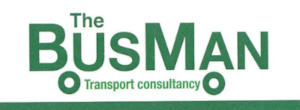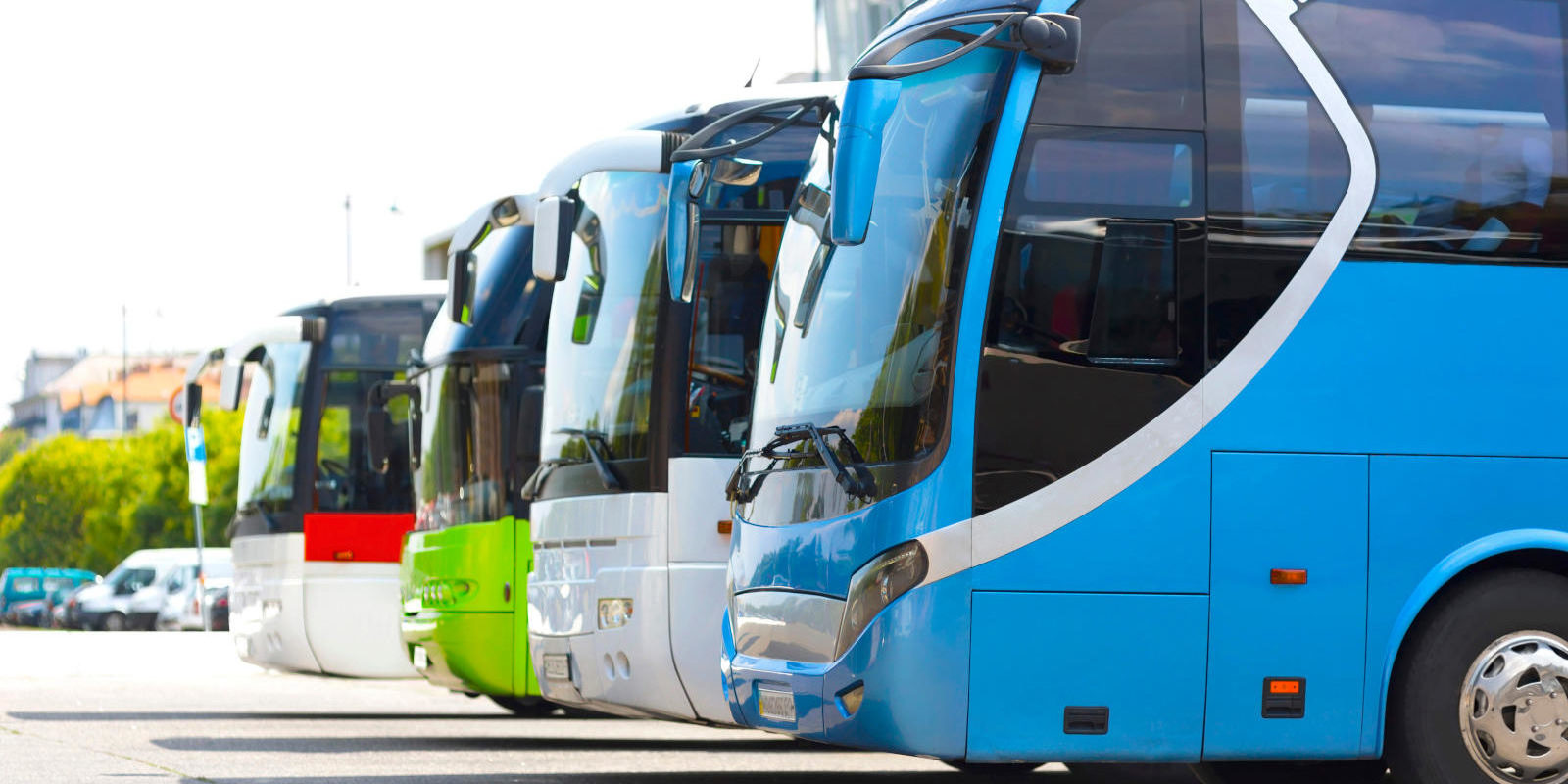“I can’t use the bus, we don’t have buses where I live.” There is an assumption that if there isn’t a bus stop close to your front door, with a frequent service, then you can’t use the bus for any part of your journey. But that needn’t be the case. ”Park and ride” is a common part of train journeys – a station car park is seen as an essential part of the infrastructure! But it is very rare for bus journeys. And the current road tax system encourages this. Is it time for taxation based on the vehicle to be replaced by taxation based on usage?
There are a number of reasons why public transport usage in London is higher than in the rest of the country, but a significant reason is the congestion charge: you have to pay if you want to take your car into congested areas. That principal could be easily applied to other major urban centres, places like Manchester, Birmingham, Liverpool and Cardiff. But what about the rest of the country, and particularly rural areas?
The answer could be to replace vehicle road tax with a mileage based system, with variable rates linked to levels of congestion and the availability of public transport.
It would work like this: imagine a commuter living in a village outside Mold in North Wales and working in Chester City Centre. He makes the comment that opens this blog – “I haven’t got a bus service to my village” – and proceeds to drive all the way to Chester. Under my proposal, if he chooses to drive to Mold, his road user charge is low because there is no alternative and congestion is minimal. At Mold there is the option of parking and catching the bus to Chester. If instead, Mr Commuter opts to stay in his car and drive on, the level of road user charge increases. Parking at Broughton with a transfer to the bus would be the next option. If he still stays with the car, and increases levels of congestion on A55 and A483 and in Chester City Centre, then the road user charge would increase significantly – because there are frequent alternatives, significant congestion and air quality issues. Compared to current levels of car tax: driving just to Mold would mean reduced costs; driving to the outskirts of Chester would be cost neutral; and driving into the congested city centre would have a significant cost penalty.
Any additional funds raised by this scheme would be ring-fenced. Capital funding would be used for strategically placed park-and-ride sites along bus routes. And revenue funding would be used for improved bus services. The current average bus journey time of an hour from Mold to Chester is not an attractive alternative to the car for a twelve mile journey.
A radical proposal. However, if we are serious about climate change, air quality, congestion, health and obesity, quality of life, then radical action is what is needed to unlock the potential of the bus.






